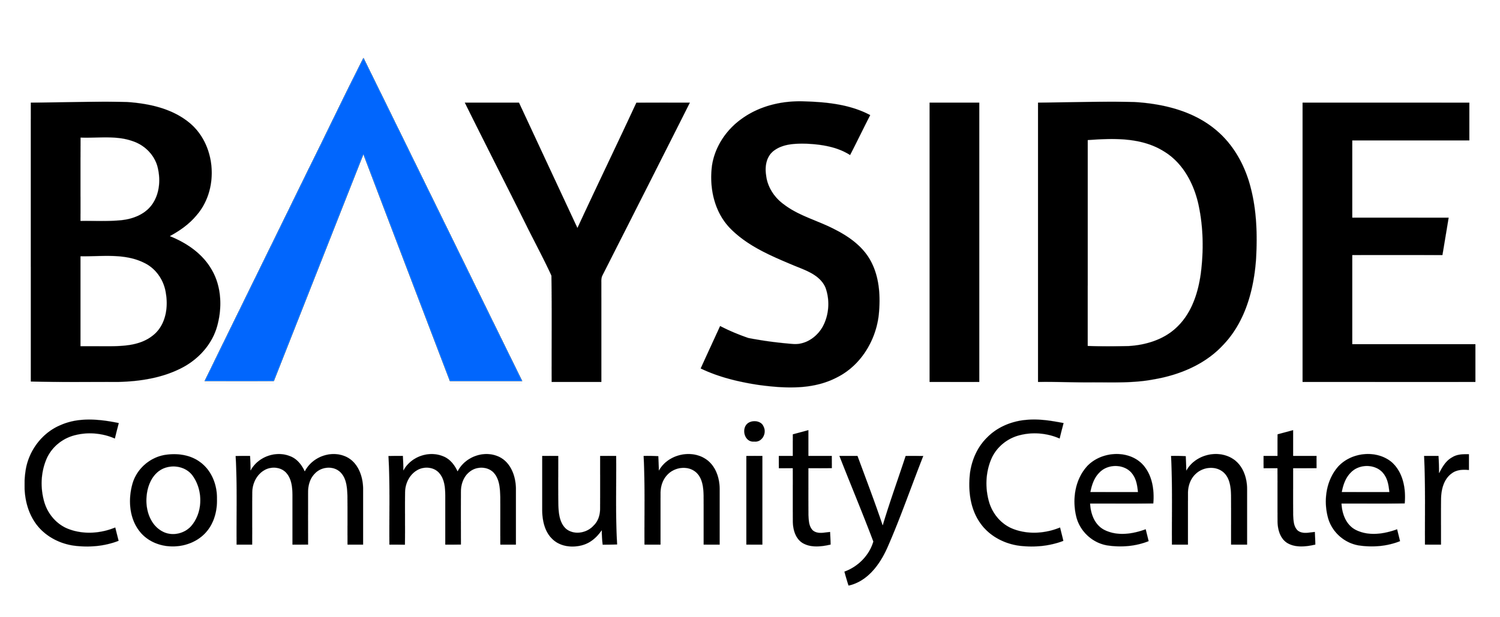Bayside's Academic Club Closes Literacy Gaps
/Illiteracy remains a barrier to social equity and has been linked with reduced economic opportunities, long-term mental and emotional disorders including low self-esteem, and has even been used to project future growth trajectories of prison populations. Since language skills are typically learned at a young age from parents, unaddressed illiteracy can become intergenerational and contribute to cycles of poverty.
Bayside Community Center has designed and refined a student-centered, data-driven afterschool program to address the impacts of illiteracy and close existing gaps. “We know that not every student learns the same way, faces the same challenges, or even has the same interests,” comments program creator Adam Osorio. “That’s why we say that our program is student-centered because we take all of these factors and more into consideration when we design our instruction.”
Adam Osorio evaluates student progress.
Academic Club instruction does not follow a preset curriculum course, but rather takes a modular approach to teaching and reinforcing specific literacy hard skills. “Data collection is a major part of what we do. It allows us to understand exactly what areas our students need help with and what they’ve already mastered,” comments Nina Aguele, Academic Club Site Supervisor at Kit Carson Elementary. Upon enrollment, every student is evaluated to discover their initial grade level equivalent with regard to reading accuracy, fluency, and comprehension.
On average, new students enter the program 1.35 years behind their current grade level; the equivalent of a 2nd grade student reading at a mid-Kindergarten level. Osorio adds, “This type of scenario is not just about what our students haven’t learned. Often times we see students confronting behaviors they may have developed over the years to cope with not being able to read. We’re helping students and families to address things like trying to blend into the background during group discussions, or asking for help when they need it. We want our students to appreciate that we’re all learning and improving as we go. The data is just one tool to help all of us understand where and how we can improve together.”
Bayside’s Academic Club team designs lessons for individuals, partners, small groups, and large group instruction. When assigning student partners and groups, Academic Club instructors take individual student strengths and needs into consideration. Alexia Mercado, Academic Club Site Supervisor at Linda Vista Elementary notes, “Many of our students are actually really good at some aspect of what we’re doing in class. While some may be shy, we can always count on a few outgoing or engaging students that can draw out some of our quieter students." Osorio adds, “We take note of what our students like about our class or what they’re good at, and then we pair them up to compliment other students who are still learning or developing in that area. This also helps create a really supportive classroom environment where everyone feels comfortable learning new and challenging things.”
Throughout the school year, students are reevaluated similar to their initial assessment. “Testing throughout the year helps our team tailor and fine-tune our teaching to our students. It’s also really encouraging for our students to see the progress they’ve made in concrete terms,” Aguele adds.
On average, first-time students who enroll in Bayside’s Academic Club demonstrate more than one year of literacy progress and actually reduce their incoming literacy gap by 38%.
Similarly, returning students begin the school year only .61 years behind grade level. By the end of the year they, on average, demonstrate more than a year’s worth of growth and have actually reduced their literacy gap by an additional 50%. 11 out of 25 returning Academic Club students have caught up to or surpassed their grade level before leaving the program.
As summer comes to an end, we’re looking forward to helping even more students close literacy gaps in the 2020-2021 academic year. For more information about Bayside Community Center’s Academic Club program please contact Adam Osorio at aosorio@baysidecc.org.
Nina Aguele with 3 of 11 Academic Club students who have eliminated literacy gaps.










